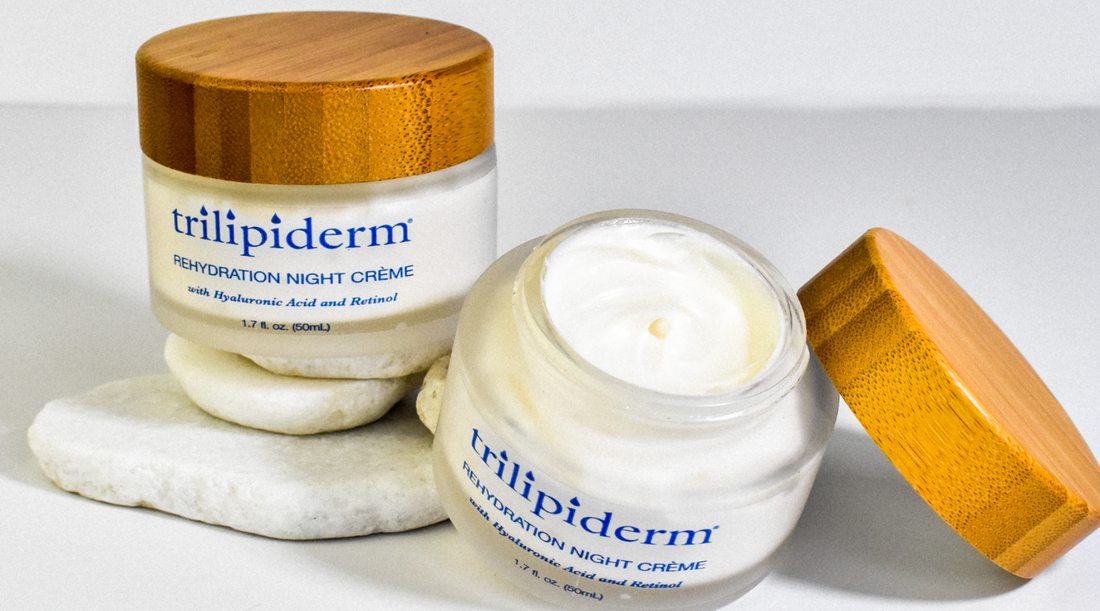Hyaluronic acid is a holy grail in skincare. But, a nagging question remains: does hyaluronic acid darken skin? We’re here to debunk that myth. Let's find out how it promotes healthy, radiant skin for all skin tones. We'll also share tips for adding hyaluronic acid to your skincare routine.
Hyaluronic Acid Will Not Darken Your Skin
Hyaluronic acid is a naturally occurring substance in our bodies, responsible for keeping skin plump and hydrated. It works by attracting and binding water molecules. Here's the truth: hyaluronic acid does not interact with melanin, the pigment that determines skin color. It only focuses on boosting your skin’s hydration.
So Why the Confusion?
Sometimes, people misattribute skin darkening to hyaluronic acid while the real culprits are sun sensitivity, skin inflammation, and hormonal change. When skin isn't protected from the sun, it can darken. Always layer sunscreen over hyaluronic acid if you don’t want to burn your skin.
Some skincare products can cause increased skin sensitivity, making it more prone to sun damage. Choose gentle, natural formulas to avoid skin inflammation.
Inflammation, hormonal changes, or other medical conditions can cause hyperpigmentation, regardless of hyaluronic acid use.
The Benefits of Hyaluronic Acid for All Skin Tones
Hyaluronic acid binds moisture to your skin and keeps your cells plump. This product gives your skin a supple, dewy glow no matter your skin color. It also reduces fine lines and wrinkles by plumping the skin, giving a more youthful appearance.
While hyaluronic acid is a powerhouse for hydration and strengthening your skin's natural moisture barrier, it doesn't negate the need for sunscreen. In fact, hyaluronic acid can complement your sun protection efforts by fighting against sun damage and pollution—key factors that cause dryness, inflammation, and premature aging.
For comprehensive skin protection, consider integrating products like Trilipiderm’s All Body Moisture Retention Crème with SPF 30 or Protective Day Crème with Broad Spectrum Spf 30 into your skincare routine. These products not only hydrate your skin with their moisture-binding properties but also provide broad-spectrum SPF 30 protection, ensuring you’re safeguarded against the sun’s harmful rays while keeping your skin moisturized and youthful-looking throughout the day.
How To Use Hyaluronic Acid for Best Results
- Before applying hyaluronic acid, gently cleanse your face with a mild, non-stripping cleanser. This removes any impurities that could block absorption.
- Apply your hyaluronic acid serum or moisturizer to slightly damp skin. This allows the hyaluronic acid to draw in more moisture for hydration.
- Follow your hyaluronic acid with a moisturizer suited to your skin type. This creates a protective layer, preventing the moisture from evaporating and keeping your skin plump throughout the day.
- Apply a generous layer of broad-spectrum sunscreen with at least SPF 30 over your hyaluronic acid and moisturizer. This shields your skin from harmful UV rays, which can counteract the hydrating and anti-aging effects of hyaluronic acid.
Additional Tip: For an extra hydration boost, consider using a hydrating mist with hyaluronic acid between cleansing and applying your serum or moisturizer. This adds another layer of moisture for your hyaluronic acid to lock in.
If you want intense overnight hydration, try our Rehydration Night Crème. Its blend of hyaluronic acid and plant-based ingredients nourishes and rejuvenates all skin tones.
Hyaluronic Acid Is Your Skin's Best Friend
Does hyaluronic acid darken skin? The answer is no. It's a safe ingredient for achieving a healthy, hydrated, and radiant complexion, regardless of your skin tone. With our natural skincare, you can use hyaluronic acid to achieve radiant skin.

